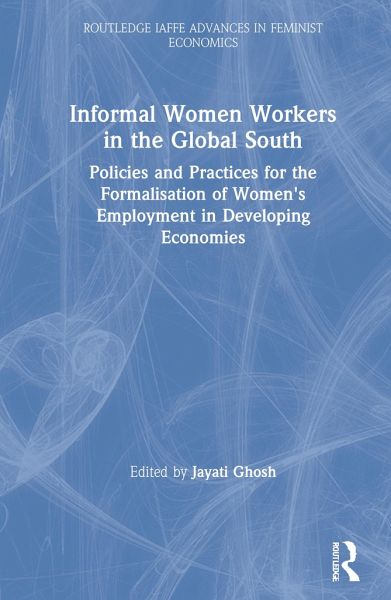
Informal Women Workers in the Global South
Policies and Practices for the Formalisation of Women's Employment in Developing Economies
Herausgeber: Ghosh, Jayati
Versandkostenfrei!
Versandfertig in 1-2 Wochen
168,99 €
inkl. MwSt.
Weitere Ausgaben:

PAYBACK Punkte
84 °P sammeln!
This book examines the varying trajectories of formalisation and their impact on women workers in five developing countries in Asia and Africa: India, Thailand, South Africa, Ghana and Morocco. It provides new evidence that will be applicable across a wide range of developing country contexts.














